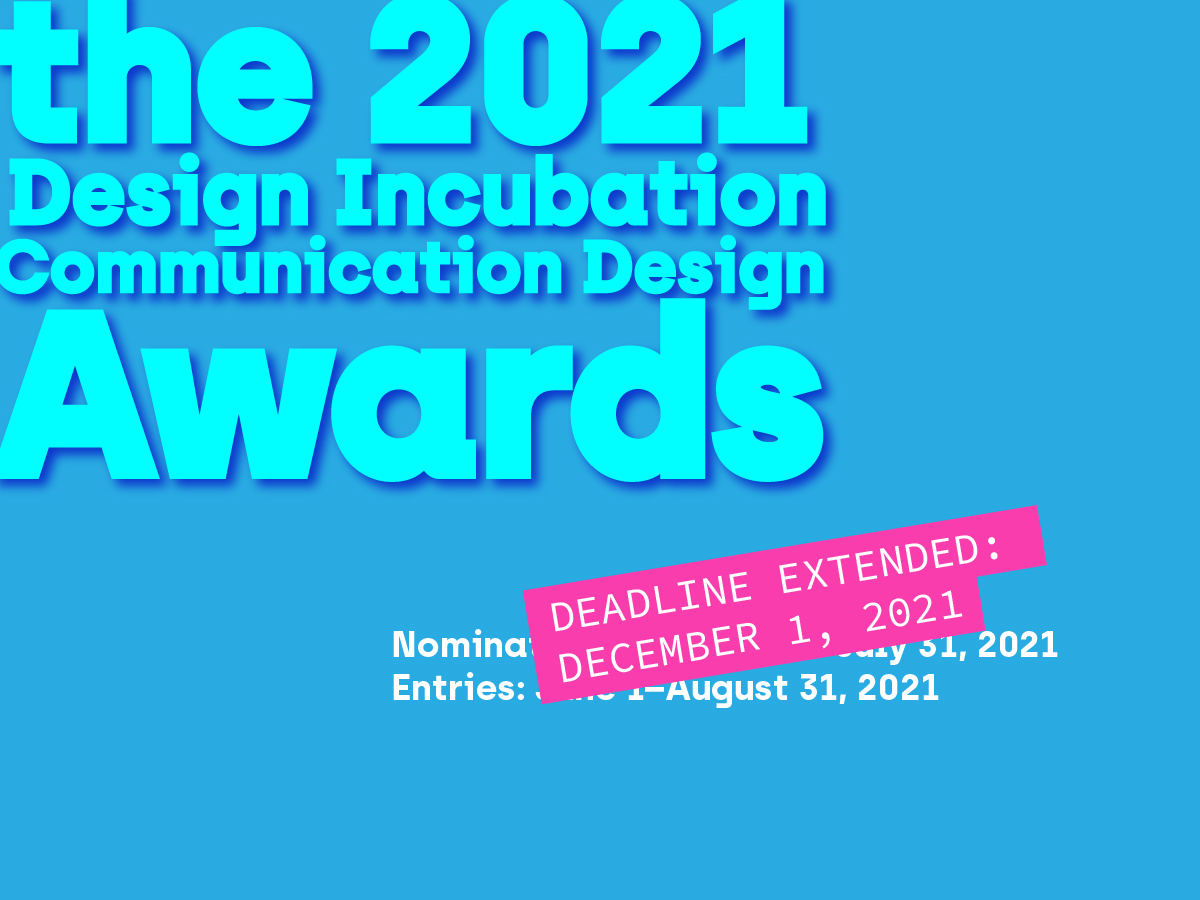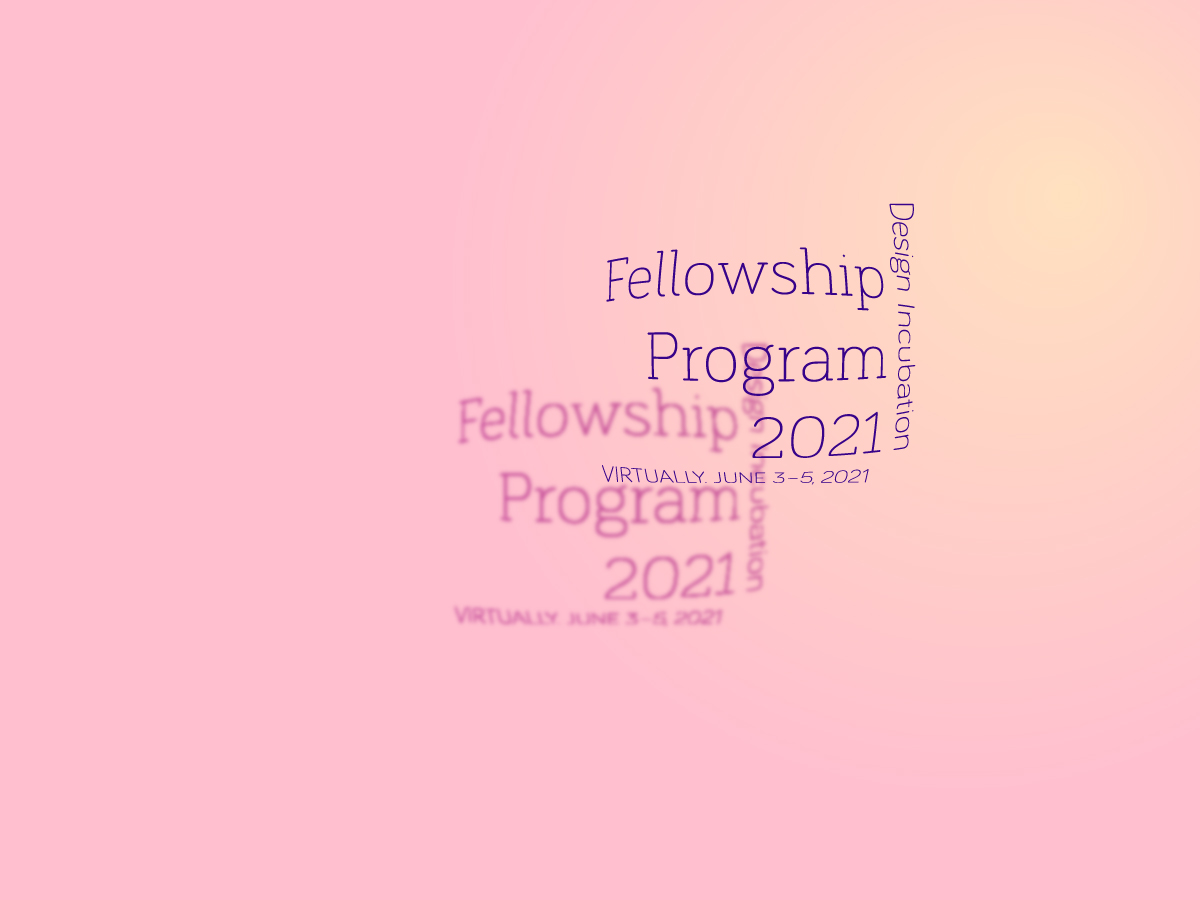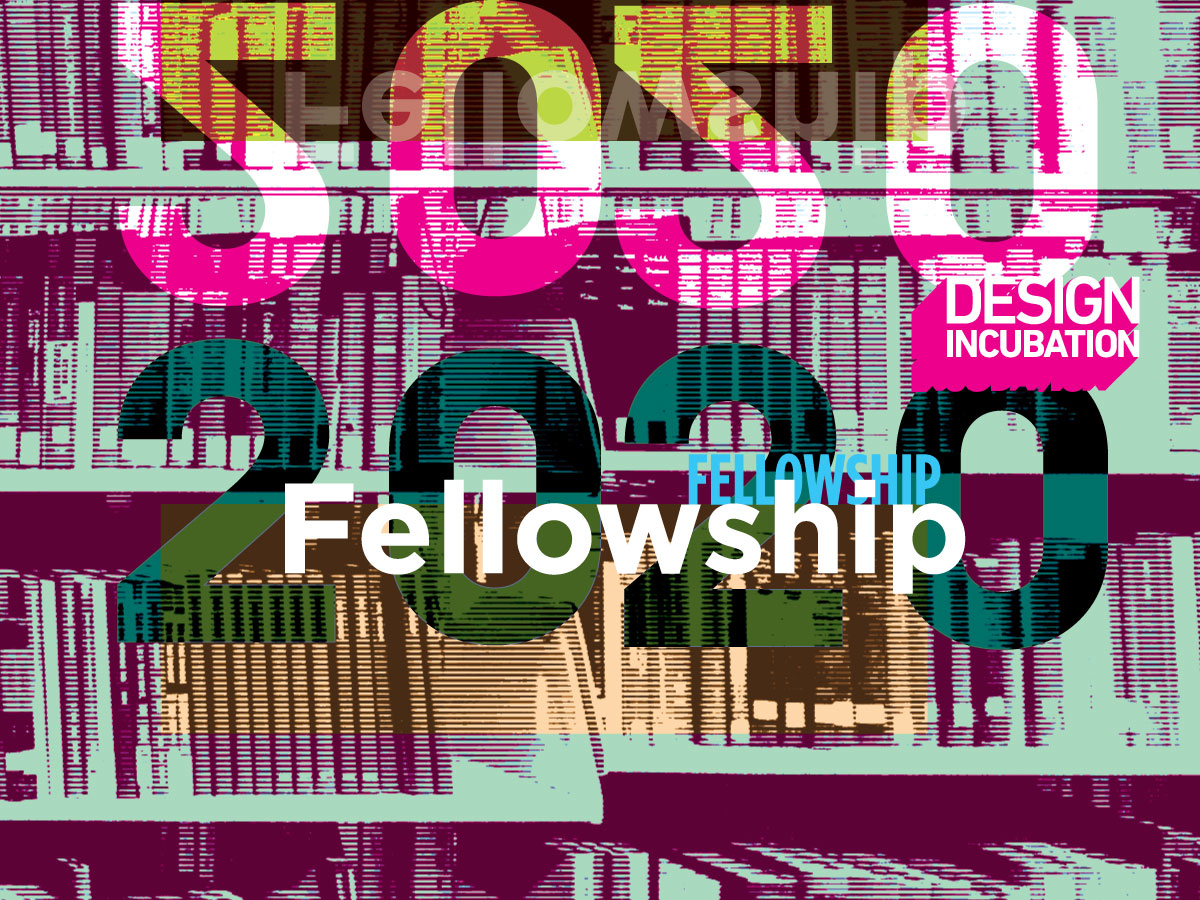Deadline for submissions: November 15, 2020.
Publication of special issue: June 2021.
Original papers are invited for peer-review that address one of the following three topics:
Journal: New Design Ideas (Azerbaijan)
Journal: Image & Text (South Africa)
Journal: Wicked Solutions Annual (USA, forthcoming)
About the Special Issue
Making Justice Together is a refereed cross-journal special issue edited by Audrey G. Bennett (University of Michigan, USA) that aims to face down injustice and inequity with the dissemination of criticism, history, research, and theory on the use of design resources collaboratively and cross-culturally to yield social justice. We intend the expression making justice together to be read in two ways. First, how can the collaborative processes of designing (making, fabricating, producing, prototyping, speculating, visualizing) integrate concepts of justice (inclusion, equity, diversity, access, freedom, democracy)? Second, how can the social process of justice (in institutions, civic spaces, legal systems, ecosystems, industry) benefit from design knowledge and resources?
Generative Justice in Design
co-edited by Ron Eglash, Ph.D., University of Michigan, USA
Journal: New Design Ideas (Azerbaijan)
Extractive economies, whether capitalist or communist, have similar failures. They extract value from ecological systems in the destruction of nature; from workers in the alienation of labor, and from civic life in the colonization of our social networks. The opposite is a generative economy: one in which value is not extracted, but rather circulated in unalienated form. For all three categories (ecological value, labor value, and social value) generative justice is defined as follows: The universal right to generate unalienated value and directly participate in its benefits; the rights of value generators to create their own conditions of production; and the rights of communities of value generation to nurture self-sustaining paths for its circulation. New opportunities for design in generative justice include agroecology, where forms of organic value circulate from plants to people and back again; commons-based peer production, which ranges from feminist makerspaces to localized currencies; and in platform cooperatives, where worker ownership is creating alternatives for everything from Uber to Facebook. By decolonizing the circular economy, design in generative justice exposes greenwashing and empowers Indigenous, anti-racist and queer theory critiques. How are designers facilitating generative justice, creating new innovations for unalienated value circulation that address grassroots empowerment, egalitarian futures, and ecological collaboration with our nonhuman allies? We seek original papers on this topic to be refereed for free publication in the New Design Ideas
Journal which is indexed in Scopus. Authors should follow the journal’s submission guidelines here and submit papers in APA style to Audrey Bennett (agbennet@umich.edu) and Ron Eglash (eglash@umich.edu)
Papers may take one of the following formats:
- original articles (5000 words)
- state-of-the-art reviews (2500 words)
- short communications (1500 words)
Marginalized Identities in the Design of Aesthetics for Resistance
co-edited by Neeta Verma, University of Notre Dame, USA
Journal: Image & Text (South Africa)
From the Civil Rights era to present-day movements in the West like Me too and Black Lives Matter, it has been proven that organized resistance can make an impact on policy and bring about social change. Whereas historical protests typically have been centralized around leaders–Dr. Martin Luther King, Jr. and the Civil Rights movement, Nelson Mandella and the Anti-Apartheid Movement, Mahatma Gandhi and the Quit India Movement through satyagraha (true principle and Ahimsa (non-violence)) for India’s Independence from Britain–today’s protests are more centralized around communication technology and media (e.g., #blacklivesmatter, #metoo, etc…). Movements no longer brand the leaders’ identities, instead they brand and operate around the core principles of the movements. What does it mean today to design for resistance particularly in the wake of the “lynching” of George Floyd by Minneapolis police? What are the affordances and constraints of marginalizing human identities and promoting mantras and slogans in the design of aesthetics for resistance? We seek original papers that address these questions and others to be refereed for publication in Image & Text. We invite original articles (5000 words) for peer review. Authors should follow the journal’s submission guidelines here and submit papers using Harvard Reference style to Audrey Bennett (agbennet@umich.edu) and Neeta Verma (nverma@nd.edu).
Interconnected Apart: Design Research(ers) in the Periphery, in Isolation
co-edited by Dan Wong, designincubation.com and New York City College of Technology, CUNY
Journal: Wicked Solutions Annual (USA, forthcoming)
Social distancing has created unprecedented challenges for underrepresented communities and the designers who work with them. The question is: When proximity and collaboration are constrained, what is the impact? This session will bring together designers who conduct research for and with underrepresented communities that are underserved, economically-disadvantaged, or marginalized. We seek papers that speak to the future of design research for and with communities within the periphery of society in terms of equity and access during this current period of social distancing. We also seek panelists who represent minority groups and can speak on related topics. We are particularly interested in design research and designers that “intersect” two or more underrepresented social and political identities and disciplines of design. We seek original papers on this topic to be refereed for publication in the new Wicked Solutions Research Annual of the CAA Committee on Design and Design Incubation. Papers should take the following format:
- original articles (2500 words excluding bibliography) as Microsoft Word documents using Chicago Manual of Style, footnotes, and bibliography format for citations. The paper should include 1) Research question / Problem definition, 2) Methodology / Methods of data collection and analysis, 3) Data analysis and findings, 4) Conclusion, and 5) Bibliography. The content of your paper should include a statement of its original contribution to the discipline supported by an appropriate literature review. Please include four to six keywords with your paper.
Submit papers to Audrey Bennett (agbennet@umich.edu) and Dan Wong (dwong@citytech.cuny.edu).
Like this:
Like Loading...


